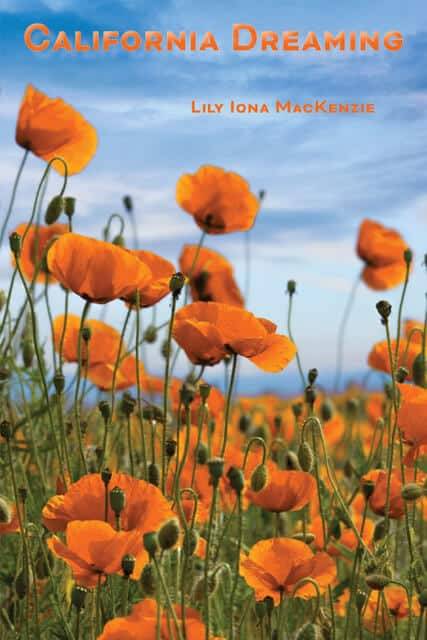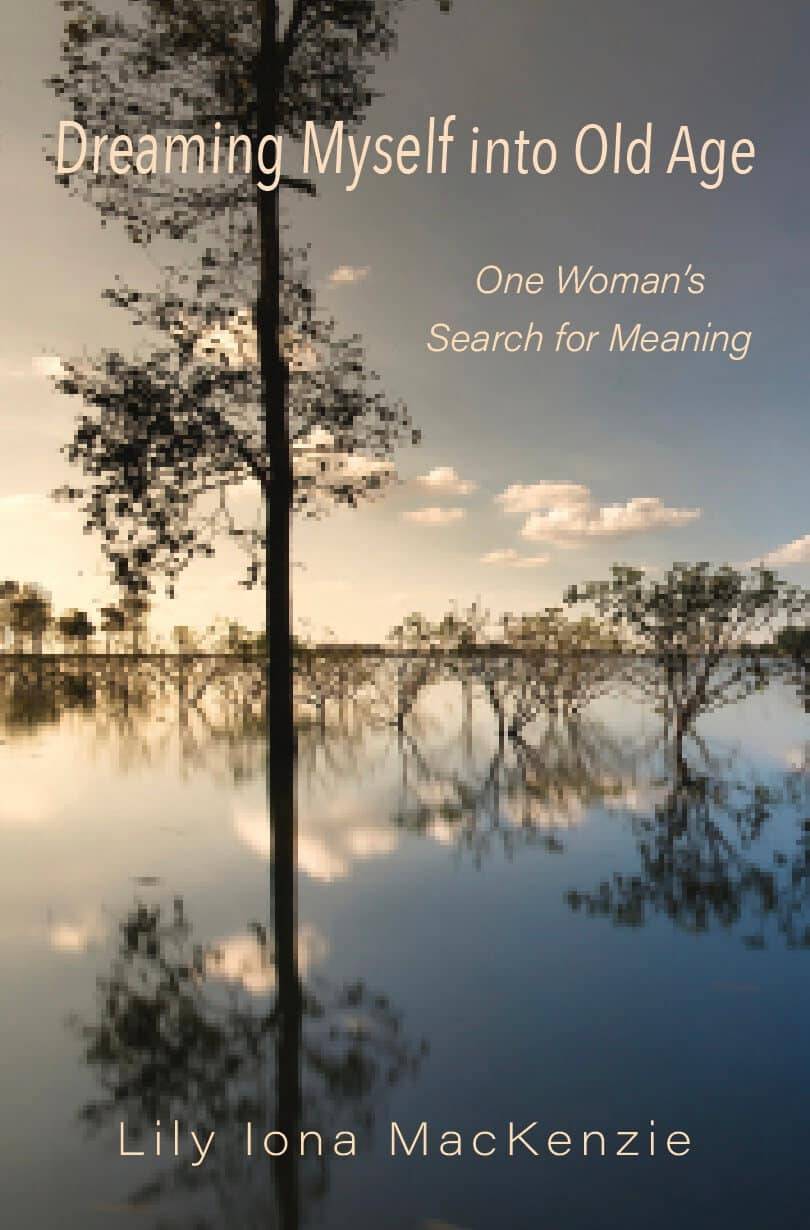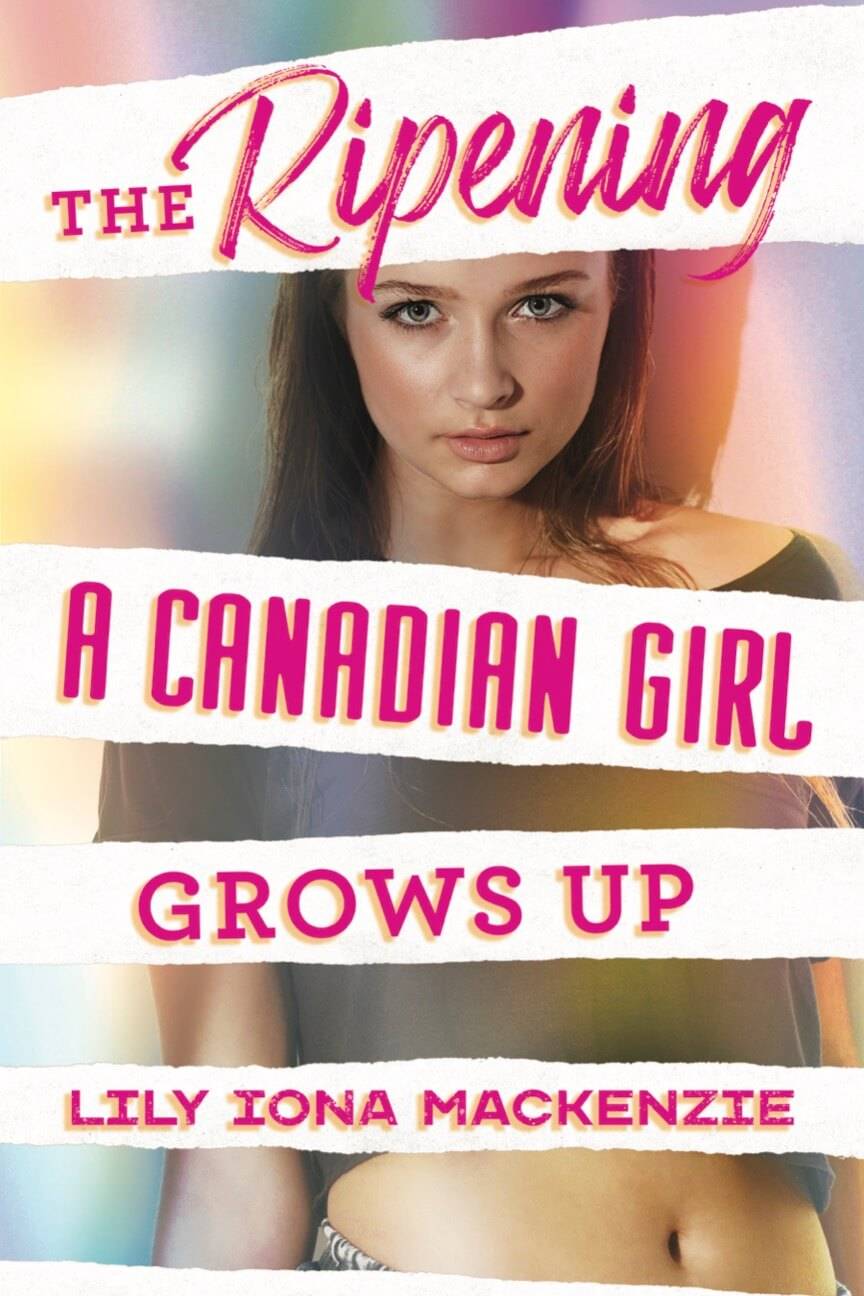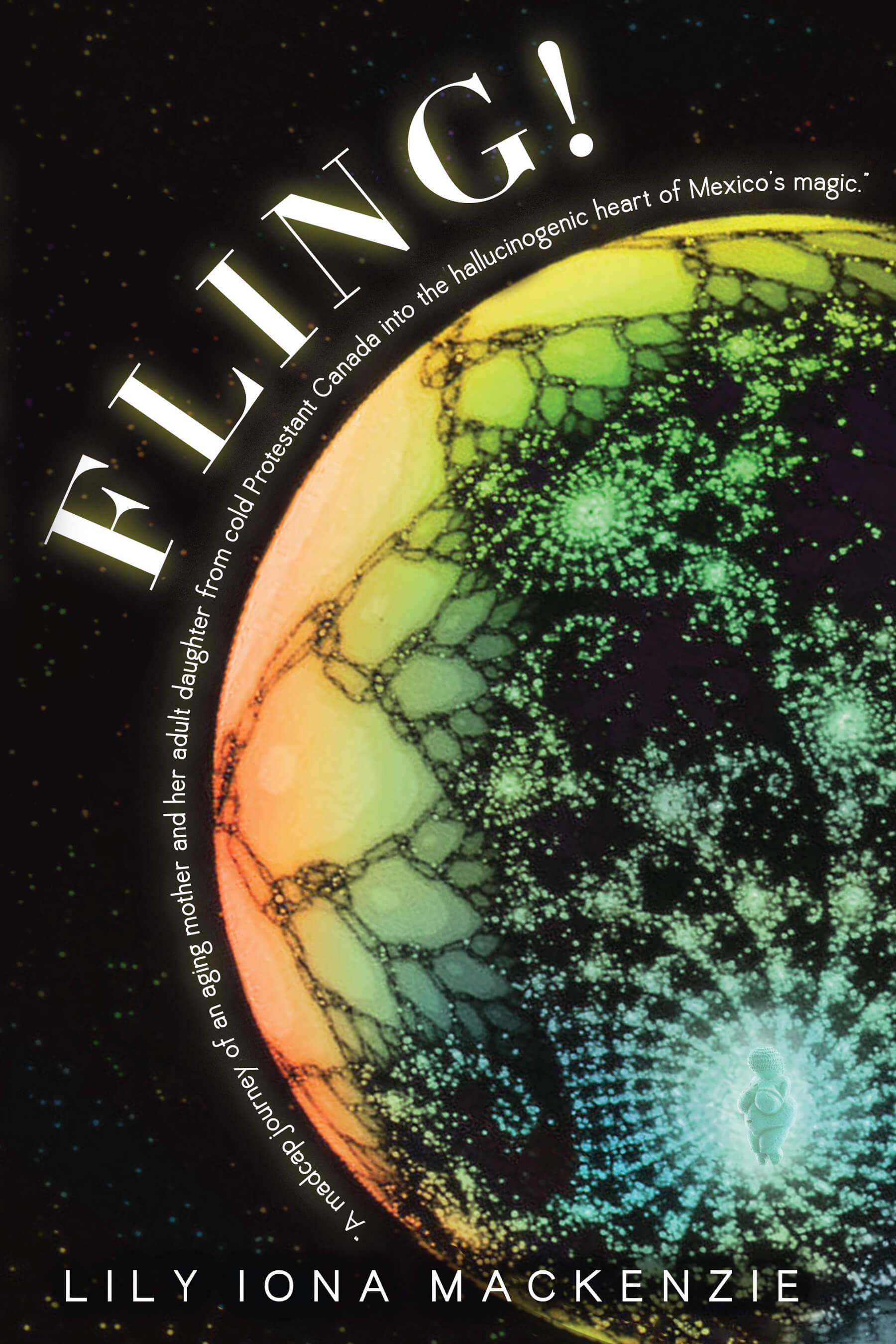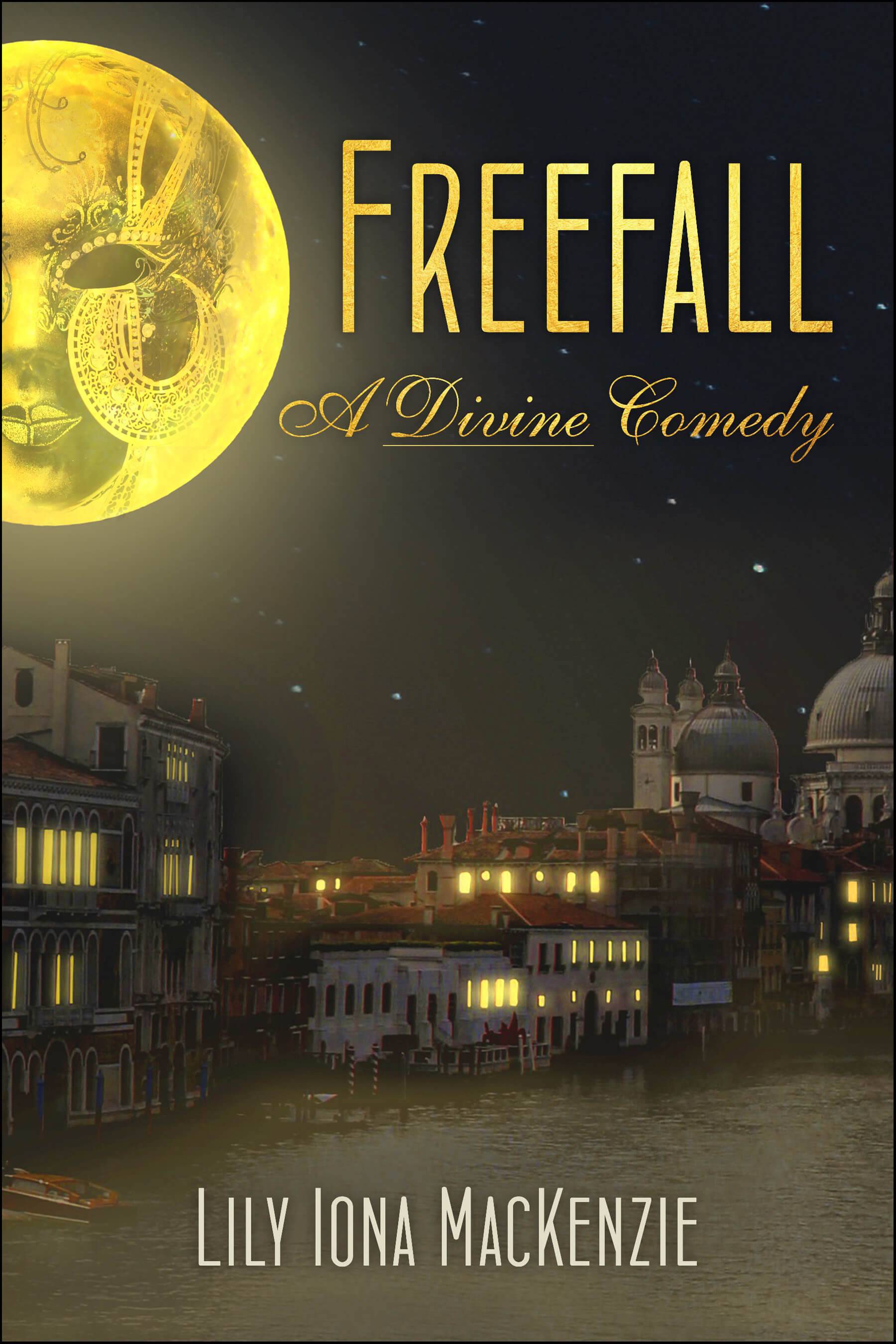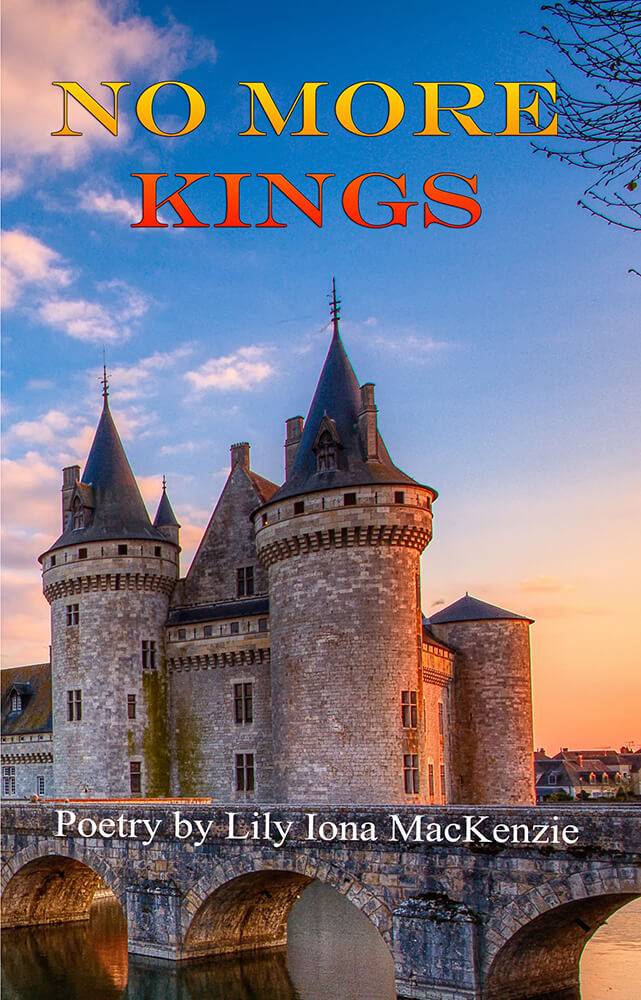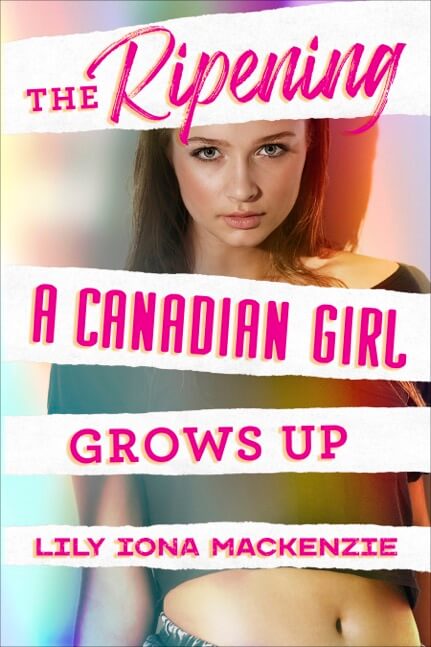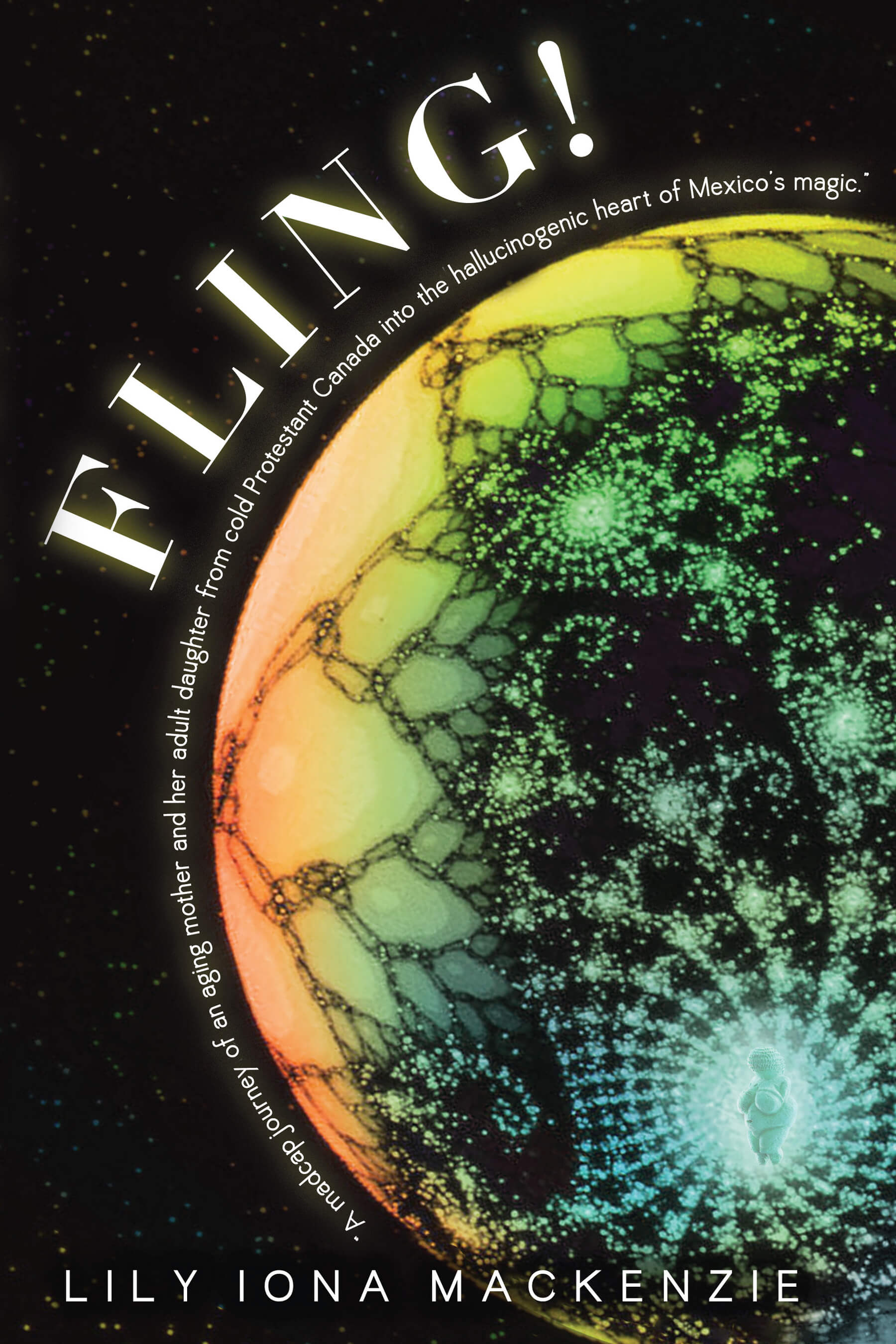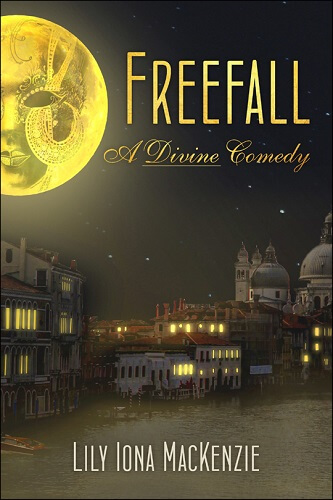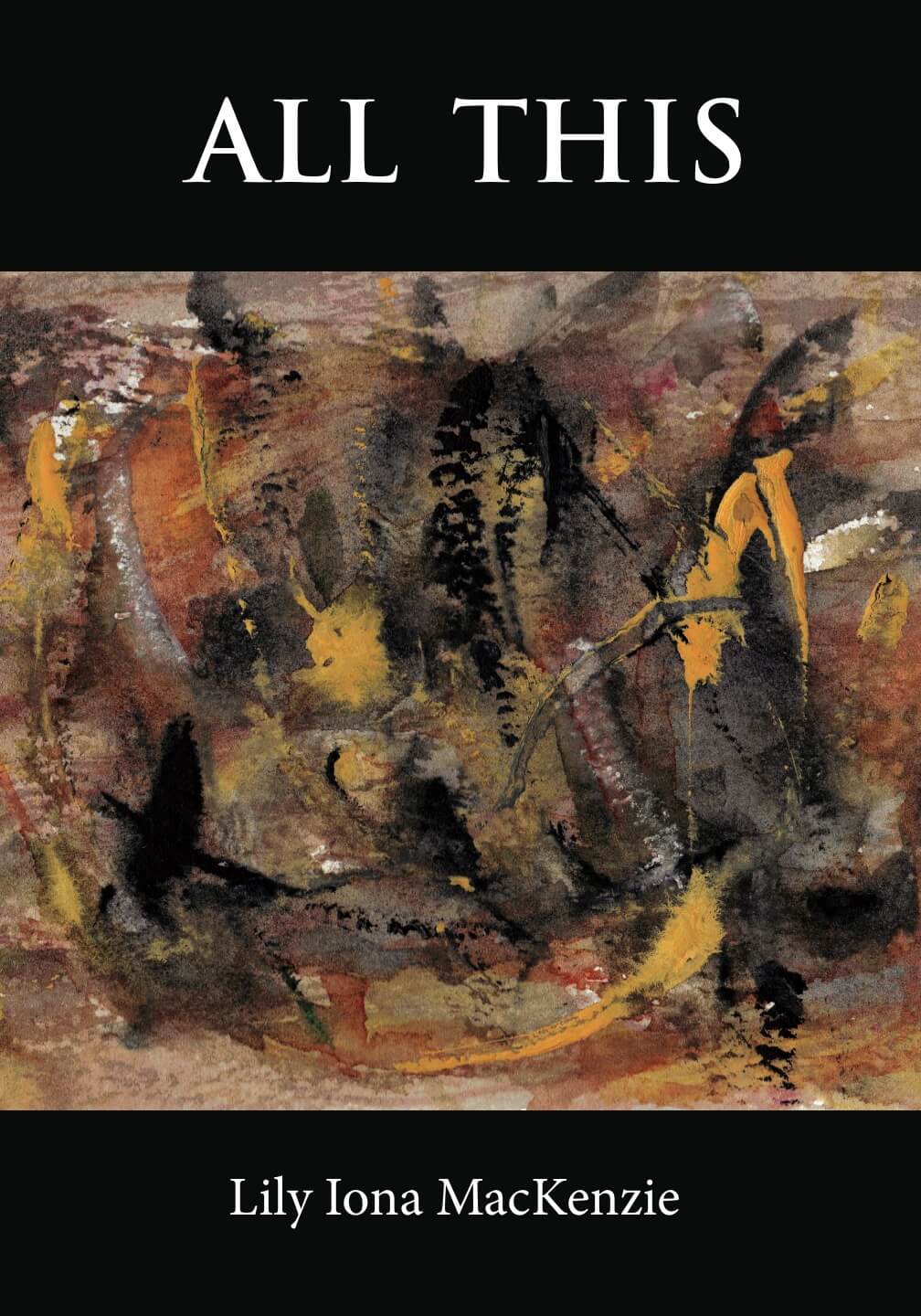 Terry’s bio:
Terry’s bio:
Terry’s stories and poems have appeared in over forty literary magazines, and his poetry collection, The Poet’s Garage, will be published in May 2020 by Unsolicited Press. He taught college composition and creative writing, and he later survived several Silicon Valley startups as a software engineering manager. Lucky Ride (Unsolicited Press), an irreverent Vietnam-era road novel is set to release in 2022. His website is http://terrytierney.com.
Interview with Terry Tierney
Who is your biggest literary crush, author or character?
Probably Jack Kerouac, though I have several, including John Keats, Percy Shelley, Charles Dickens, William Makepeace Thackeray, Jane Austen, George Eliot, and a large number of modern poets, beginning with T. S Eliot. I credit Lawrence Ferlinghetti and Allen Ginsberg with inspiring me to write poetry, but Kerouac as a unique artist and character stole my heart. You might say my feeling for Kerouac is more than a crush—I want to be Kerouac. That said, I have also gone through similar attachments to Wallace Stevens, John Ashbury, Ted Hughes, Ernest Hemingway and others. When I love an author, I tend to read their entire canon, and I feel a sense of loss when I finish.
What books are on your nightstand?
Lately I have been trying to re-ground myself by cycling back to the great modern poets, including T. S. Eliot, Ezra Pound, Wallace Stevens, and more recent poets like Ted Hughes, Pablo Neruda, and Seamus Heaney. The post-WWI poets in particular seem to echo the current state of the world, or maybe it’s just my own dark imagining. Even if Eliot’s vision of the Wasteland sprang from the no man’s land between opposing trenches, it feels like an apocalyptic image of global warming and renewed social and international tension. Poetry has the power to frame our fears so we can move past them. It also helps me to realize we have survived dark days before, and not all memories of the past are positive.
including T. S. Eliot, Ezra Pound, Wallace Stevens, and more recent poets like Ted Hughes, Pablo Neruda, and Seamus Heaney. The post-WWI poets in particular seem to echo the current state of the world, or maybe it’s just my own dark imagining. Even if Eliot’s vision of the Wasteland sprang from the no man’s land between opposing trenches, it feels like an apocalyptic image of global warming and renewed social and international tension. Poetry has the power to frame our fears so we can move past them. It also helps me to realize we have survived dark days before, and not all memories of the past are positive.
Where do you get your ideas? What inspires you?
Most days I write in my journal, which began as a series of spiral notebooks and now continues as an MS Word file. I enter observations from my life and reading, sometimes science or other events, and often dreams. I keep a stack of notecards near my bed. Ideas come when I’m sleeping, hiking, or trying to concentrate on something else. Often a word or phrase stays with me and festers. A poem might begin as one idea but the best poems tend to attract other ideas like lint.
What inanimate object would you thank in your acknowledgements?
The typewriter. It probably seems wonky in these days of computers and WYSIWYG word processing. The first time I saw words flow from my mind through my fingers to the individual keys and the rolling sheet of paper it felt like magic. The mechanical transformation of idea to type is the epitome of creativity. I love writing with a computer because it’s so easy to compose and edit, but I sometimes miss the physical effort of punching the keys and the sense of transmutation embedded in the gears and levers.
What scares you the most about the writing process? How do you combat your fears?
I greatly enjoy writing and could not imagine a life where I did not write, but every time I finish something I worry that it might be my last poem or story. Sometimes I have another idea or project to distract me, but the scary moments are those when my cupboard feels empty. At those times I continue to write in my journal every day, even if it’s just a word or a dream or something that happened the day before. Eventually I strike an idea I can mine, but I still worry about the next time.
If you could write an inspirational quote on the mirrors of aspiring writers, what would you write?
Writing is breath. Never stop breathing.
What’s the hardest part of writing or publishing?
Many writers say the hardest part is learning to handle rejection. Even if you know other writers, even famous authors, get multiple rejections from journals, book publishers, and literary agents, their experience hardly translates into a comforting thought. All rejections feel emotional. Of course, the reasons might include the editor’s personal taste, but there are simply many more aspiring writers than there are venues and (dare I say) readers. One journal editor told me he received about 3000 stories per year and he could only use 60. I try to beat the odds and the occasional depression by continually trying to improve my craft and by keeping my poems and stories “in the mail,” meaning I immediately send them out again if they are rejected. When a piece has been rejected 10-20 times, I rewrite and repeat.
How do you come up with book titles?
A provocative image or metaphor from the book makes a strong title because it draws the reader inside. A great example is A Coney Island of the Mind by Lawrence Ferlinghetti. For my poetry collection I selected the title of one of my poems, “The Poet’s Garage,” because it evokes a place and process of assembling words.
What feeds your process? Can you listen to music and write or not… can you write late at night or are you a morning person?
I like to write first thing in the morning, after a short walk and a cup of coffee. Music is a great background for writing, but I find I cannot listen to vocals. My preferred genre are jazz and classical music, though I tend more often to queue up jazz. Miles Davis is one of my favorite artists, and his album “Bitches Brew” has carried me through several writing sessions. The unstructured feel of the tunes sets my mind free.
What’s the underlying message of your writing? The non-fiction description.
Like everyone else, I carry many deeply ingrained thoughts about politics, religion, the environment, and personal relationships, but I try not to preach my opinions. I believe that topical writing is usually bad art because poems and stories should breathe by metaphor, and the world we are trying to describe is complex. My work might lead the reader to make certain connections, but I think the epiphany is more effective if it’s felt by the reader, not simply stated by the author.
